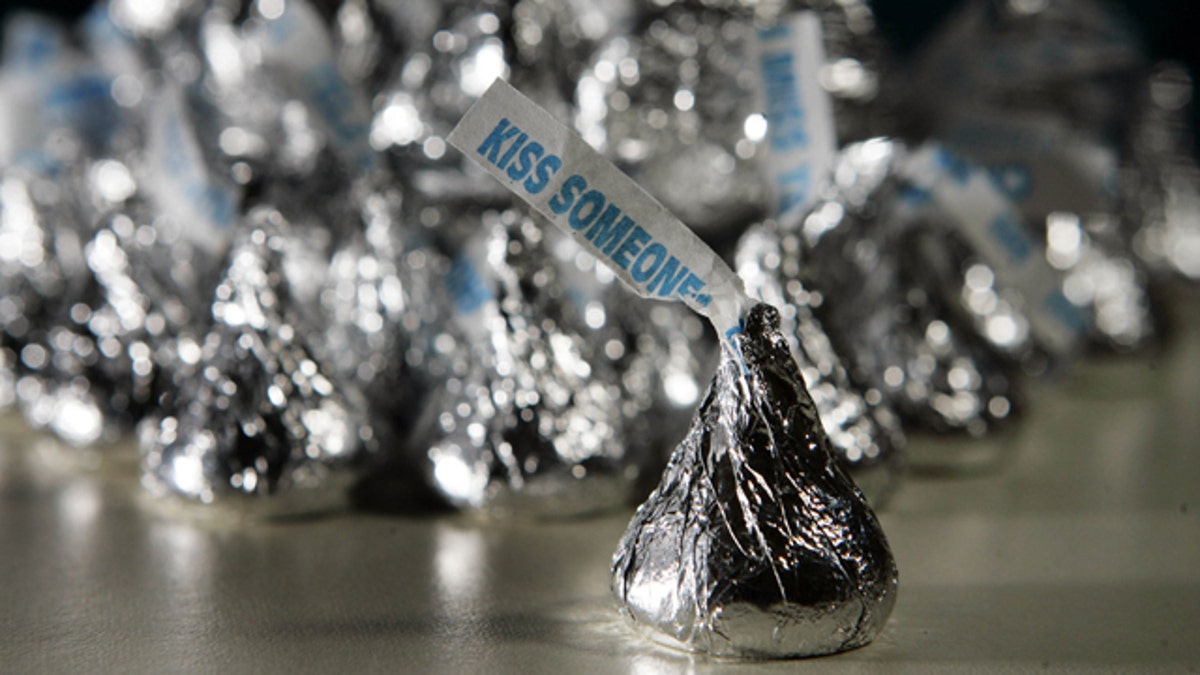
(AP)
Despite what all the warnings may lead parents to believe, there has never been a documented case of a stranger poisoning kids' Halloween candy.
Every October for at least 60 years, phantom portraits of the evil Halloween humbug have been passed on by the media and word of mouth. Parents hear accounts of children dying, clutch their fists to their chests and issue mandates about not eating a single bite of sugar until all candy has been thoroughly inspected, preferably by magnifying glass.
But the evening's sweet fun is likely being needlessly spoiled. Researchers such as Joel Best of University of Delaware, who followed up on nearly 100 stories of candy contamination, have found that such claims almost always turn out to be tall tales, often told by the children themselves. Best published his results in "Threatened Children: Rhetoric and Concern About Child-Victims" (University of Chicago Press, 1993).
It really is a myth that, every October, "strangers are getting ready to poison the candy," said Aaron Campbell, a professor of pediatrics at Indiana University and co-author of "Don't Swallow Your Gum! Myths, Half-Truths, and Outright Lies about Your Body and Health" (St. Martin's Griffin, 2009). As for all the warnings, "they are, to some extent, fear-mongering," Campbell told LiveScience.
There has been exactly one documented case of a child being directly poisoned by Halloween candy, Carroll said. In 1974, an 8-year-old died after sucking on a Pixy Stix laced with cyanide.
But the poisoner was not some mysterious Grim Reaper posing as a harmless neighbor. Nope, it was good ol' Dad.
In another case, a 5-year-old decided to try his uncle's heroin, and with no one around to give him pointers, he overdosed and died. The family then sprinkled heroin into the child's Halloween candy stash, in hopes of using the candy myth to cover their own negligence.
What about razor blades lurking within nougat? Pins in chocolate? Syringes?
Nope. Nope. And nope.
So parents probably can stop inspecting every shiny wrapper for tampering and instead worry about something worthwhile: The National Safety Council reports that children are four times more likely to be killed by a car on Halloween than any other day of the year.
• Halloween's Top 10 Scary Creatures
• The Best and Worst Trick-or-Treat Candy
• What Really Scares People: Top 10 Phobias








































